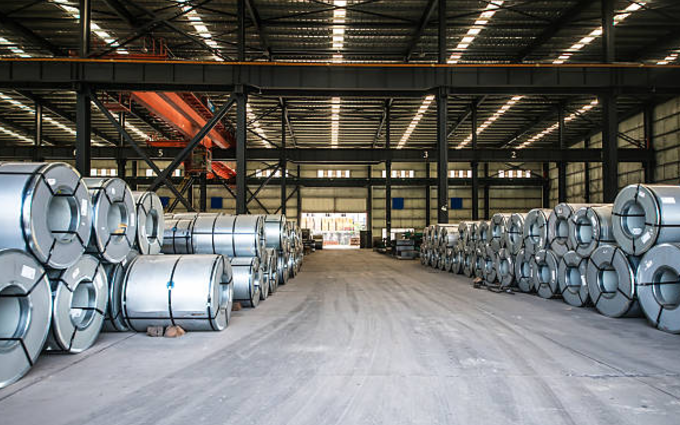
Posted on Wednesday, March 8, 2023
Steel coils are vital components in various industries, including construction, automotive, and manufacturing. Importing steel coils into the United Arab Emirates (UAE) can be a lucrative venture, but it’s essential to understand the processes, costs, and regulations involved.
Importing steel coils involves several cost components:
Example Cost Breakdown:
| Component | Estimated Cost (USD) | Notes |
|---|---|---|
| Product Cost | $500–$800 per ton | Varies by steel type and grade |
| Shipping Costs | $100–$300 per ton | Based on distance and method |
| Customs Duties | ~5% of product value | Subject to UAE tariff rates |
| Port Charges | $50–$100 per ton | Varies by port regulations |
| Insurance | $20–$50 per ton | Optional but recommended |
Efficient delivery of steel coils is crucial for minimizing costs and delays:
When sourcing steel coils, consider the following factors:
Q: How can I verify the quality of steel coils before importing? A: Request a mill test certificate (MTC) from the supplier and consider third-party inspection services.
Q: Are there specific certifications required for steel coils in the UAE? A: Yes, compliance with international standards like ISO 9001 and local specifications is often required.
Q: Can I reduce customs duties through free trade agreements? A: The UAE has trade agreements with several countries, potentially reducing tariffs. Verify if your supplier’s country qualifies.
Q: What are common challenges in importing steel coils? A: Delays in customs clearance, unexpected tariffs, and transportation damages are common challenges.
Q: Is there a weight limit for importing steel coils? A: The weight limit depends on transportation methods and port handling capacity. Always confirm with your shipping provider.
By understanding these aspects, you can streamline the importation of steel coils into the UAE, ensuring compliance with regulations and minimizing costs. For further assistance, consult local freight forwarders and customs brokers specializing in steel imports.

Used Purlin Roll Forming Machines for Sale Worldwide
Posted on Sunday, January 25, 2026
Pre-Owned Roll Forming Machines for Purlin & Structural Steel Profiles

Used Roof Panel Roll Forming Machines for Sale Worldwide
Posted on Sunday, January 25, 2026
Pre-Owned Roll Forming Machines for Roofing Panel Production

Used Roll Forming Machines for Sale Worldwide
Posted on Tuesday, January 20, 2026
Pre-Owned Roll Forming Machines with Inspection, Verification & Global Support

Steel Coil Supply for Roll Forming Machines Worldwide
Posted on Tuesday, January 20, 2026
Reliable Steel Coil Supply for Roll Forming, Fabrication & Manufacturing Applications
Copyright 2026 © Machine Matcher.